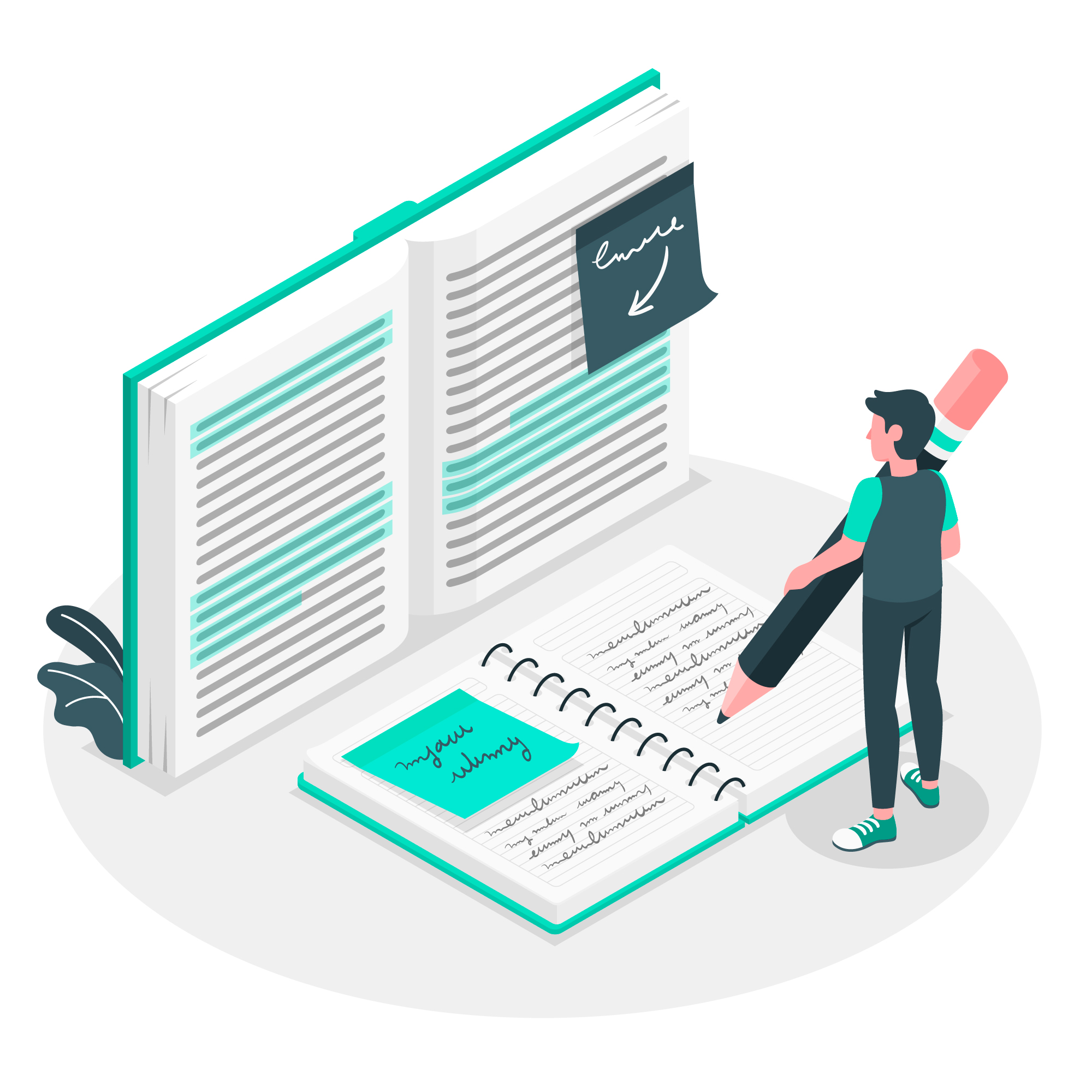How to Study for Economics Exams
For the best results, ensure that you ask your lecturer for the exam outline and what to expect when it finally arrives. Ensure that you create your overview by reviewing your assignments and note and the course’s main ideas. For every argument, go through the subtopics and the details and practice using past papers to feel how the questions will get styled up.
Ensure that you are realistic about studying because the average human being cannot go 8 hours a day while learning. Be sure to eat well, have enough sleep and relax your mind. Try and study in the same area every day at the same time. When you start your study block, go through the last thing you read for at least 10 minutes. You can also rewrite your notes to help you retain a lot of information and read them aloud. Avoid memorizing facts and instead, ask open-ended questions about whatever you got covered in the semester. In the realm of academics, students frequently seek support by requesting, ‘do my economics homework‘ as they grapple with intricate economic concepts and assignments.
- The day before the exam
Have enough rest and sleep. Avoid learning anything new and instead review everything that you have read. Don’t stress yourself too much and visualize yourself succeeding.
- The exam day
Ensure that you eat well and don’t skip a meal before your exam since you will get tired and lose concentration as you write your paper. Be on time so that you can avoid getting panic about lateness.
- In the exam room
Even if you’re not permitted to carry one to the example utilized a cheat sheet. Ensure you write down a list of things you are very sure will help you during your exam and throw it out just before the exam starts; then, from your memory recovery, it along with the example clip somewhere as fast as you can.
Carefully read the questions and instructions before writing and not done any information that comes to your head that may help as you read. In case you’re facing problems with the question, get onto the next one and come back to the question if you have got some time left. Also, ensure that you time yourself.
As you are preparing for your exam, ensure that you only pick critical topics in a material. Go through your lecture notes and see where the teacher expressed their focus. Pay attention to such areas since you won’t have the time to go through the specific information. Spend a quarter of your time climbing the data and the rest of the time getting ready for the exam. You are allowed to repeat and recite the information that you have read. You should then relax because being upset will do more harm to you in line with your performance.
Preparing for an exam is a critical thing for all students. Ensure that you have no other stress or anything that clouds your mind whenever or just about to get into the classroom. If you go to the exam room with second thoughts, the chances are that you may fail miserably, and therefore, you should ensure that you clear your head from any ideas that may delay you or swerve off the road to your success. You may go over some notes with their friend, but as a discussion and clarification on areas that neither of you understands, so that you can increase your chances of Performing better when the time of the exam finally arrives.
That students tend to panic before the exam even though they’ve read most of the material. The critical thing here is to be sure of yourself, have confidence, and believe in yourself that you’re going to nail the exam. In case you find a question that you don’t know the answer to, don’t panic. Instead, move on to the next question and come back to the other later after you psyched yourself. Have a better chance of answering the tricky question when you believe in yourself.

